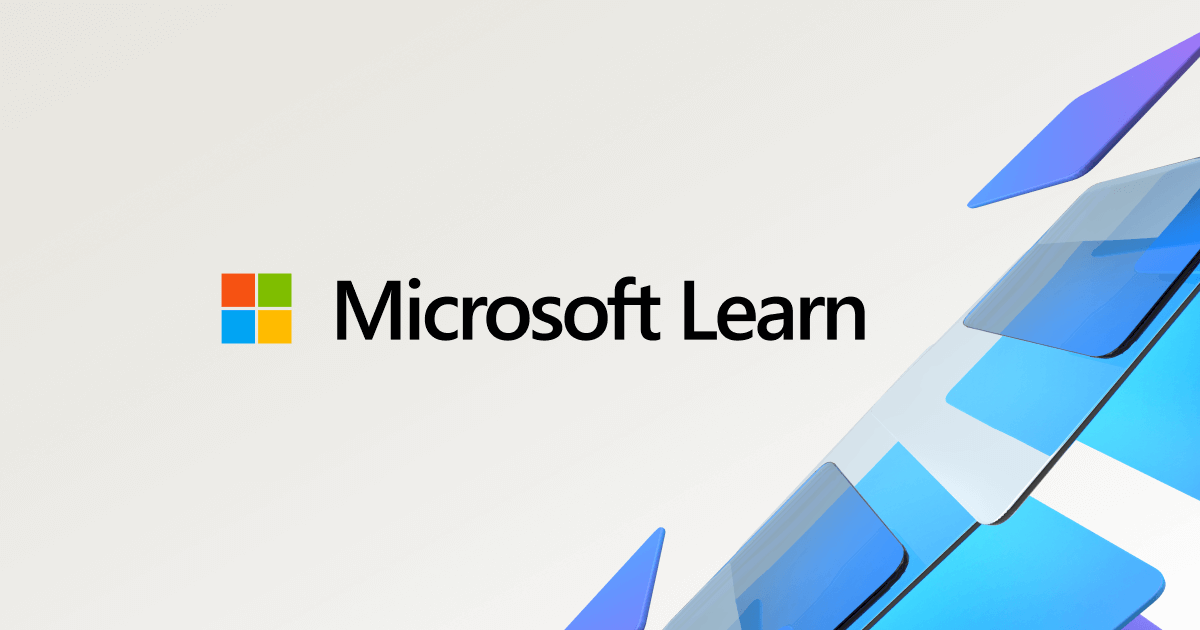- Dec 14, 2012
- 860
- 170
- 106
I was wonder if my Intel Haswell CPU 4790 will run Windows 11? I think it may be a 4th generation CPU! Does it have Intel Bridge Technology inside it?
”Intel Bridge Technology is a runtime post-compiler that enables applications
to run natively on x86-based devices, including running those applications on
Windows. Intel’s multi-architecture XPU strategy provides the right engines
for the right workloads by integrating leading CPU cores, graphics technology,
artificial intelligence accelerators, image processors and more, in a single,
verified solution.”
”Intel Bridge Technology is a runtime post-compiler that enables applications
to run natively on x86-based devices, including running those applications on
Windows. Intel’s multi-architecture XPU strategy provides the right engines
for the right workloads by integrating leading CPU cores, graphics technology,
artificial intelligence accelerators, image processors and more, in a single,
verified solution.”




